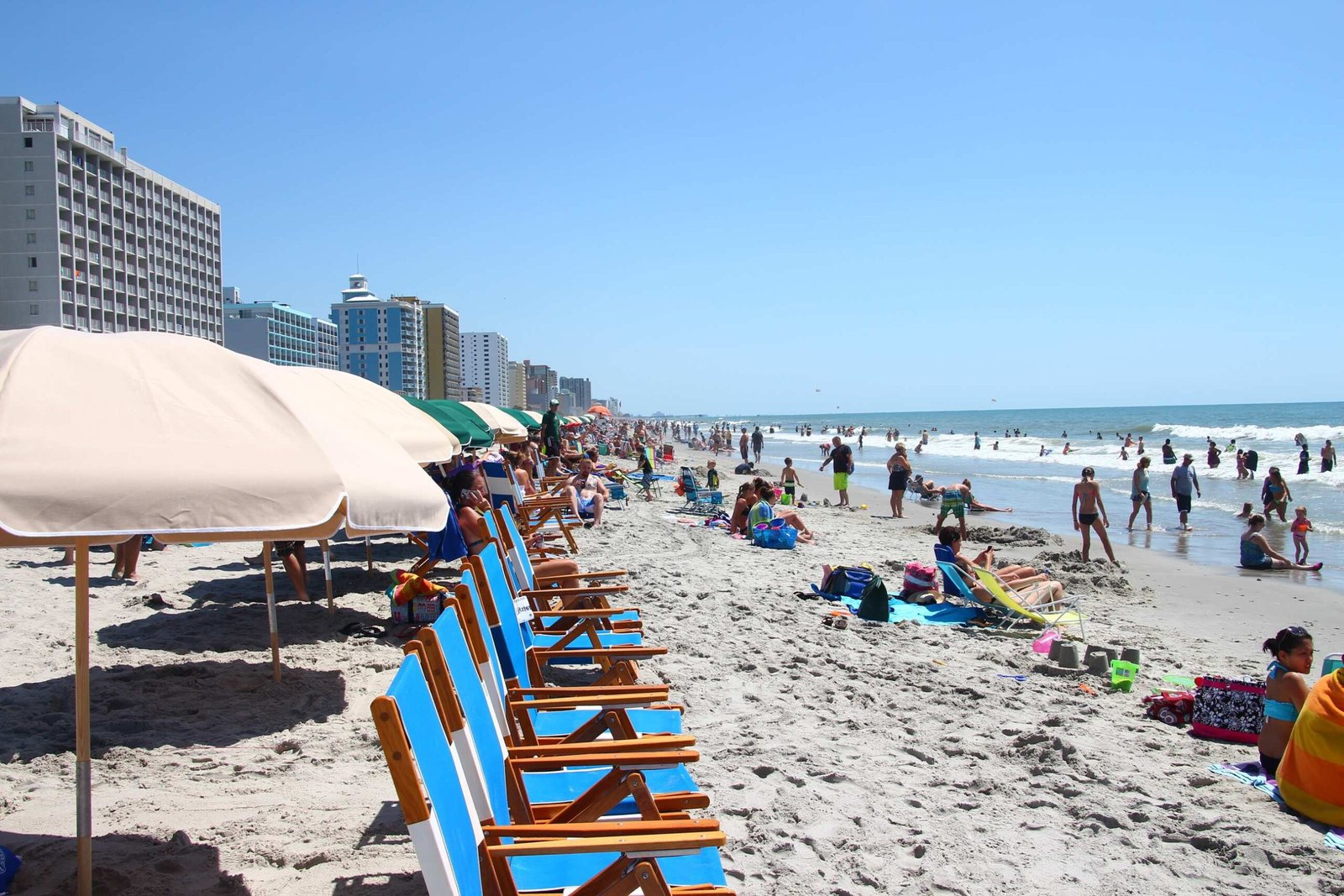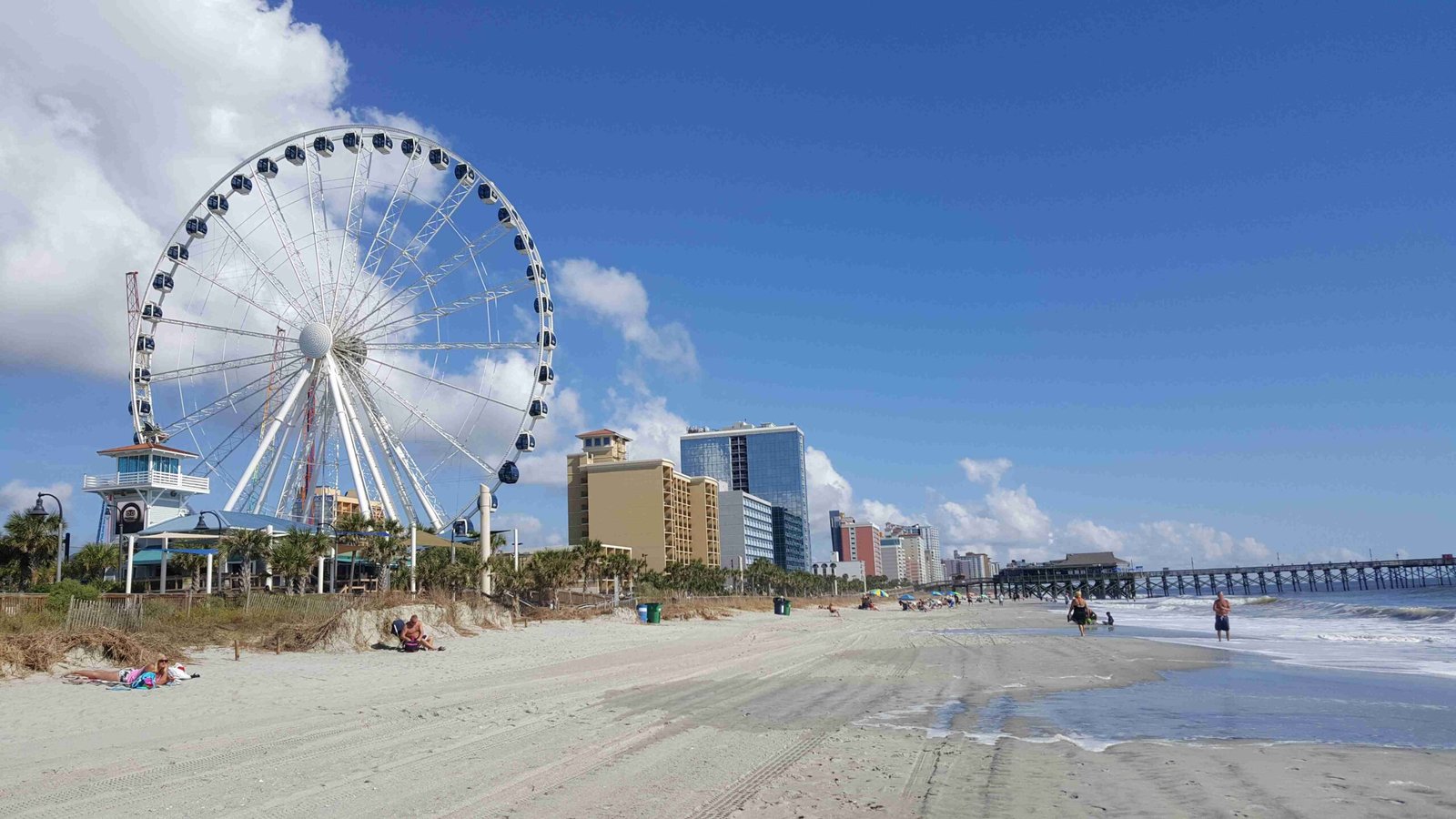TPC Myrtle Beach presents golfers with a formidable challenge through its impressive slope rating of 145, strategically designed by renowned architects Thomas Fazio and Tom Watkins. This par-72 course spans 6,950 yards, offering a complex and demanding golfing experience that tests players’ skills across tight fairways, strategic bunkers, and meticulously maintained greens. Golfers seeking a true test of their golfing prowess will find the TPC Myrtle Beach slope an exceptional challenge in the renowned Myrtle Beach golf landscape.
What Makes the TPC Myrtle Beach Slope Challenging?

Loadmaster (David R. Tribble)
Understanding Slope Rating Fundamentals
The slope rating at TPC Myrtle Beach represents more than just a number—it’s a comprehensive measure of course difficulty. A slope rating of 145 indicates an exceptionally challenging course that will test even experienced golfers.
Key Slope Difficulty Factors
- Course Rating: 74.0
- Slope Rating: 145
- Total Yards: 6,950
- Par: 72
| Difficulty Metric | TPC Myrtle Beach | Regional Comparison |
|---|---|---|
| Slope Rating | 145 | High |
| Course Complexity | Advanced | Challenging |
| Recommended Handicap | 10-20 | Skilled Golfers |
How Does Course Design Impact Slope?
The TPC Myrtle Beach course leverages strategic design elements to create its challenging slope:
- Narrow Fairways: Precision becomes critical
- Strategic Bunker Placement: Increases shot complexity
- Water Hazard Integration: Adds psychological pressure
- Varied Terrain: Subtle elevation changes challenge shot selection
What Skill Level Suits This Course?
Golfers with the following characteristics will best navigate the TPC Myrtle Beach slope:
- Handicap between 10-20
- Strong strategic shot-making abilities
- Consistent mid-to-low scoring potential
- Mental resilience under challenging conditions
How Do Wind Conditions Affect Slope?
Myrtle Beach’s coastal environment introduces wind as a significant slope difficulty factor:
- Average Wind Speed: 8-12 mph
- Wind Direction: Predominantly east-southeast
- Impact on Play: Increases effective course difficulty by 2-3 stroke equivalents
Comparative Slope Analysis
When compared to regional courses, TPC Myrtle Beach demonstrates competitive difficulty:
- Barefoot Resort & Golf – Dye Course: Slope 149
- Grande Dunes Resort Club: Slope 142
- TPC Myrtle Beach: Slope 145
Practical Recommendations for Players
To successfully navigate the TPC Myrtle Beach slope:
- Choose appropriate tee boxes
- Practice precision over power
- Develop strategic course management skills
- Prepare for variable wind conditions
Technical Course Specifications

- Architects: Thomas Fazio, Tom Watkins
- Year Established: 1999
- Grass Types: Bermuda (fairways), Bent (greens)
- Average Green Size: 5,000-6,000 sq. ft.
Cost and Accessibility
- Green Fees: $245 (approximate)
- Tee Options: Black, Blue, White, Gold, Red
- Practice Facilities: Comprehensive driving range
- Rental Equipment: Available on-site
Final Insights
The TPC Myrtle Beach slope represents a sophisticated golfing challenge that demands technical skill, strategic thinking, and mental fortitude. Its 145 slope rating ensures an engaging experience for skilled golfers seeking a true test of their abilities.

